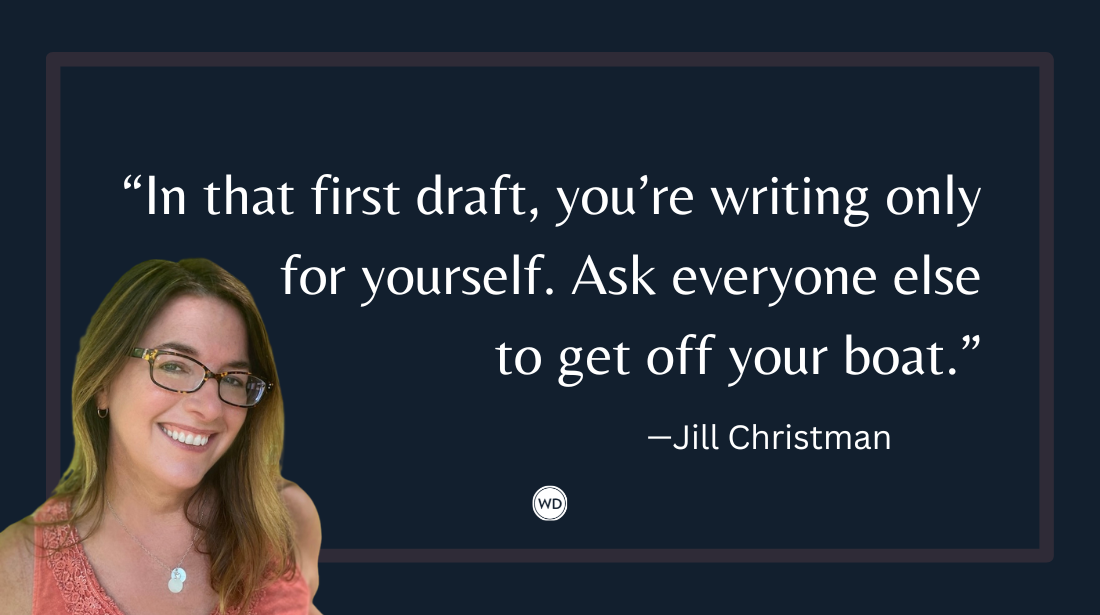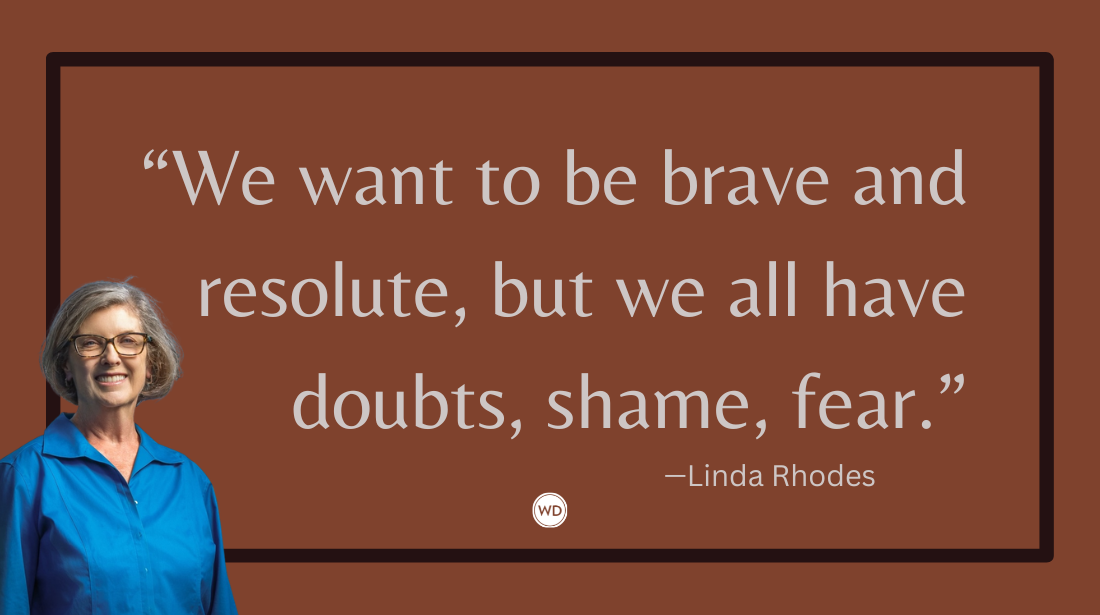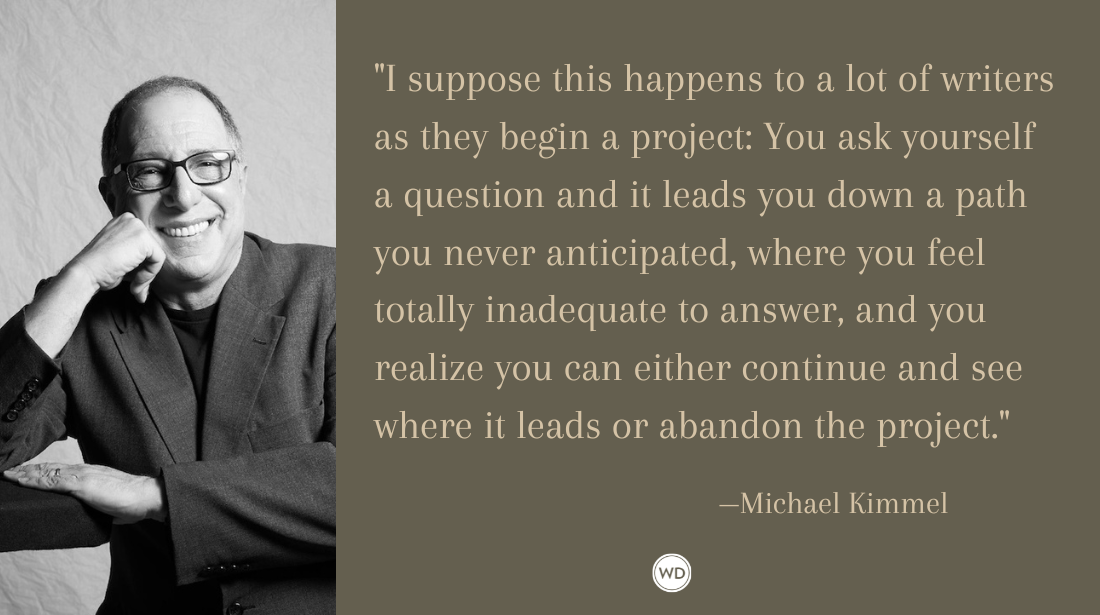5 Tips for Adding Humor to a Self-Help Book
Self-help books should be helpful, but bestsellers tend to offer humor too. Here are five tips for adding humor to a self-help book.
Self-help books should be helpful, but bestsellers tend to offer humor too. Here are five tips for adding humor to a self-help book.
Self-help books are fun to write. This is your chance to climb up on your (educated) soap box and tell people everything about themselves that they need to change. Whether you're an advocate of more sunshine or more sunscreen, readers are waiting by their beach chairs to hear what you have to say. Here's the thing though: You have to make your book funny.
If you offer expertise backed up by reams of scientific research, your book—and I'm telling you this as a friend—risks being boring for the average reader. If you offer expertise backed up by research and humor, you may have the makings of a bestseller. Humor helps engage the reader, keeps 'em turning pages, and makes difficult-to-swallow advice a little more palatable.
Based on the lessons learned writing my humorous self-help book I Wanted Fries with That: How to Ask for What You Want and Get What You Need (New World Library 2019), here are five tips for adding humor to a self-help book.
Throughout this 12-week workshop, you will get step-by-step instruction on how to write nonfiction and write articles, essays, or a few chapters of your book. Register for this workshop and discover how fun writing nonfiction can be.
Detailed Examples
Let's say your book is about exercise, and you are trying to encourage people to move their bodies more. And let's say you want to combat common excuses that people make for not working out, one way to make your advice funny is by being super specific and addressing the concerns directly.
You can say something like: "True, wiping sweaty bro-water off the elliptical is no one's idea of a good time. Still, if you can find the time to spray away those germs and get your steps in, you will feel so much better." Or, "Once you've wrangled your ta-ta's into that too-tight sports bra, you've already started burning calories. Might as well jump on the treadmill and make it official."
Details like the elliptical instead of the gym, or sports bras instead of vague references to workout wear are funny because they resonate with the reader. People identify with cleaning off workout machines or squeezing into their spandex and you will be able to convince them to listen to your words.
Laugh at Yourself
In my experience, part of writing a self-help book includes exposing some of your flaws related to the relevant material. Maybe you always used to bask in the sun, until your skin began to dry out and now you want to teach us how to mix our own moisturizing sunscreen at home.
To make this funny, think of an incident or two that happened before you changed your sun-worshipping habits and discovered dewy do-it-yourself hand cream. Did your suntan flake off during a parent-teacher conference? Did you scratch your dry skin until it looked like you had been attacked by a pack of killer house cats?
If you are able to laugh at some of these tougher circumstances, and share them with your reader, then the reader will laugh too, and they will be more inclined to follow along.
Funny Language
Some words are funnier than others. Countless lists have been compiled (and published online) to indicate which words seem to make people laugh easily. Take the time to understand what funny words resonate with you and with your message, and use them to lighten up some passages. Depending on your subject matter, you may choose words that sound naughty but in fact are innocent. I would put crapulence (a light drinker), fard (made up), and vomitory (theater entrance) into that category.
I have a soft spot for old fashioned words like "lollygag" and "malarkey." Say you are writing about how to pick yourself up after a divorce. You might want to use a word off the retro list, as in: "Forget about that hussy—it's time for you to take charge of your life and chart a new path." Or; "Your ex might be prancing around like everything is fine, but you don’t know what is actually going on behind those dark sunglasses." Words that are considered retro or quaint can give your readers a humorous break in a heavy section of the book.
I urge you to spend some time poking around at lists of funny words and even compiling a compendium that might work for your book.
Exaggerate
I exaggerate a million times a day. I am either deathly exhausted or have never been more awake in my life. If you're like me, and you think in extremes, this tool will come naturally to you. While you want to be truthful in your nonfiction storytelling, you can exaggerate so dramatically that it's completely obvious that you are lying through your teeth.
You might tell your readers that you spend at least 18 hours a day in the sun (impossible) or that you haven't seen the sun in decades (also highly unlikely). You can exaggerate circumstances as well, like the tea was so hot that your tongue was engulfed in flames or the shoes were so big they would have fit an elephant with room to spare.
This humor tool is so simple a three-week-old capuchin monkey could do it.
Running Jokes
I'm going to close with the most controversial item on the list: running jokes. Not everyone likes them, but then again some people drink decaf. I start my day with a Tim Horton's XL, and I'm a huge fan of inside jokes that carry through the book.
For instance, in the first paragraph of this piece, I give the example of sunshine vs. sunscreen and I run the joke through the tips, mentioning sunglasses, dry sunburned skin, and sunbathing. These work because everyone wants to be "in on the joke."
We like the feeling of "Ohhhhh, I get it," whereas someone else who starts reading halfway through may not know why we're all lying on our beach chairs laughing, coated in DIY sunscreen from head to toe, and looking up word lists on our phones.
If you love to write and have a story you want to tell, the only thing that can stand between you and the success you're seeking isn't craft, or a good agent, or enough Facebook friends and Twitter followers, but fear. Fear that you aren't good enough, or fear the market is too crowded, or fear no one wants to hear from you. Fortunately, you can't write while being in the flow and be afraid simultaneously. The question is whether you will write fearlessly.
About Amy Fish
Amy Fish is the author of I WANTED FRIES WITH THAT: How to Ask for What You Want and Get What You Need (October 1, 2019; New World Library). She serves as the Ombudsperson (also known as Chief Complaints Officer) at Concordia University in Montreal, Canada, where she is responsible for promoting fairness and making sure everyone's voice is heard. Amy regularly teaches, speaks and writes about how complain effectively (i.e., stand up for yourself and ask for what you need) and also teaches humor writing and memoir workshops at the Quebec Writing Federation and Hippocamp Conference for Creative Non-Fiction. Her work has been published in Readers' Digest, Costco Magazine, Huffington Post, Hippocampus Magazine and several other journals. You can visit her online at AmyFishWrites.com. Amy teaches humor writing and memoir workshops at the Quebec Writing Federation and Hippocamp Conference for Creative Non-Fiction and at her kitchen table. She specializes in humour writing and memoir. Amy's work has been published in Hippocampus Magazine, Readers' Digest, Huffington Post and several other journals.









